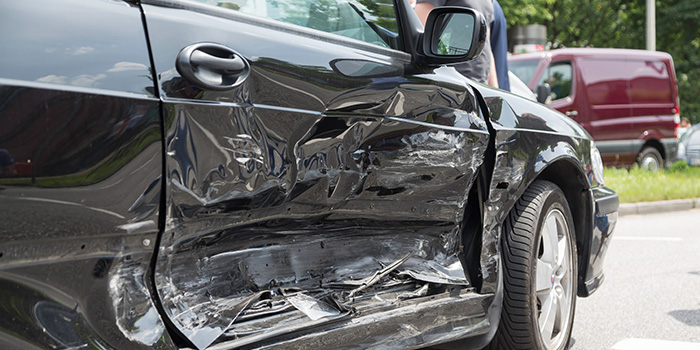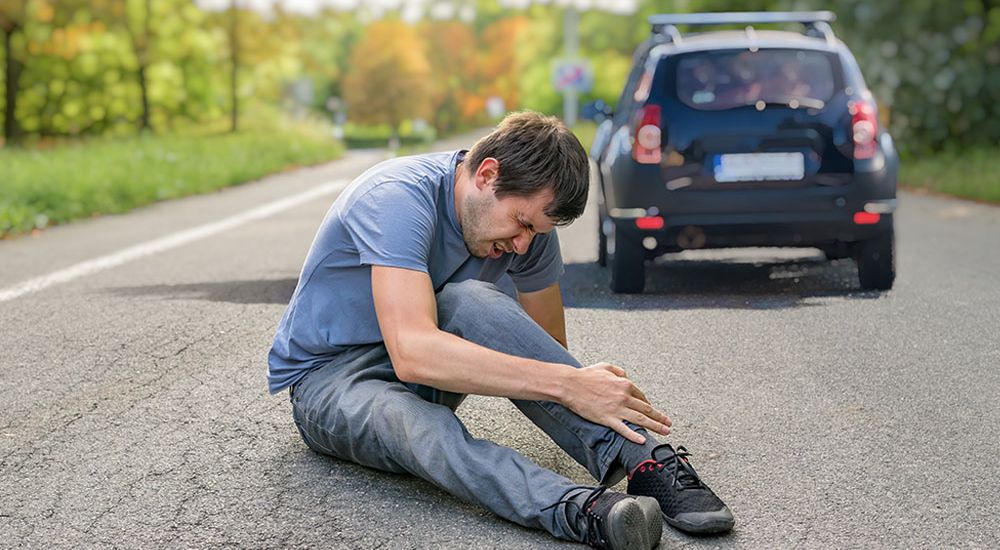Hit and Run Lawyer: Your Legal Options Explained
A hit and run charge in the United States is a serious matter that can lead to severe criminal penalties, DMV consequences, and long-term impacts on your life.
If you are accused of leaving the scene of an accident, knowing your legal options and how a hit and run lawyer can help may make all the difference.
What is a Hit and Run?
A hit and run occurs when a driver is involved in an accident and fails to stop, provide information, or render aid as required by law. This applies whether the accident involves:
- Another vehicle
- A pedestrian
- Cyclists
- Property damage (such as hitting a parked car or mailbox)
Key Elements of a Hit and Run
- Failure to stop at the scene
- Failure to exchange contact and insurance information
- Failure to call emergency services if someone is injured

DMV Penalties for Hit and Run Offenses
The Department of Motor Vehicles (DMV) can impose administrative penalties separate from any criminal court case.
Common DMV Consequences
- License suspension or revocation
- Assignment of points to your driving record
- Mandatory traffic safety courses
- Requirement to file SR-22 insurance (high-risk insurance)
Legal Consequences in the U.S.
The severity of a hit and run charge depends on whether the accident caused injury, death, or property damage.
Possible Criminal Penalties
- Misdemeanor charges for property damage: Fines, probation, and up to 1 year in jail.
- Felony charges for injury or death: Higher fines, state prison time, and a permanent criminal record.
- Restitution to victims for damages or injuries.
- Increased insurance premiums or policy cancellation.

How a Hit and Run Lawyer Can Help
A hit and run defense lawyer specializes in representing clients accused of leaving the scene of an accident. Their job is to protect your rights and minimize penalties.
1. Investigating the Case
- Reviewing accident reports
- Gathering witness statements
- Checking for traffic or surveillance camera footage
2. Challenging the Evidence
- Questioning the accuracy of eyewitness identification
- Investigating whether the driver knew an accident occurred
- Identifying procedural errors by police or DMV
3. Negotiating Penalties
- Seeking reduced charges (e.g., from felony to misdemeanor)
- Negotiating alternative sentencing like community service
- Working for license reinstatement sooner
Steps to Take if Accused of a Hit and Run
- Consult a lawyer immediately – Time is critical in building a defense.
- Avoid discussing the case with anyone except your attorney.
- Gather evidence – Photos, repair estimates, or witness information.
- Attend all DMV hearings – Missing these can result in automatic license suspension.
Why Early Legal Representation Matters
The sooner a hit and run lawyer gets involved, the better your chances of avoiding severe consequences.
Early intervention can help prevent charges from escalating, negotiate favorable terms, and protect your driving record.
The Long-Term Impact of a Hit and Run Conviction
A hit and run conviction can have consequences far beyond fines and jail time. It can follow you for years, affecting employment opportunities, your ability to rent a car, and even your chances of obtaining certain professional licenses. Many employers view a hit and run as a serious offense, especially if it involves injury or dishonesty. Insurance companies often classify convicted drivers as “high-risk,” which can lead to skyrocketing premiums or policy cancellations, making it more expensive to get back on the road. In some states, a conviction may remain on your record permanently unless expunged. Even a misdemeanor hit and run can damage your reputation and personal relationships. By working with an experienced hit and run lawyer early, you increase your chances of reducing charges, avoiding a permanent mark on your record, and moving forward with your life.
FAQs: Hit and Run Charges in the U.S.
Q1: Is a hit and run always a felony?
No. Minor property damage cases are often misdemeanors, while accidents involving injury or death are usually felonies.
Q2: Can I lose my license for a hit and run?
Yes. The DMV can suspend or revoke your license even if your criminal case is still pending.
Q3: What if I didn’t realize I hit something?
Lack of knowledge can be a defense, but it must be proven with evidence.
Q4: Can a lawyer get a hit and run charge dropped?
Yes, in some cases—especially if there’s insufficient evidence or procedural errors.
Q5: Will a hit and run affect my insurance rates?
Almost always. A conviction can lead to higher premiums or policy cancellation.
Official Resource:
For nationwide driving laws and accident reporting requirements, visit the U.S. Department of Transportation.